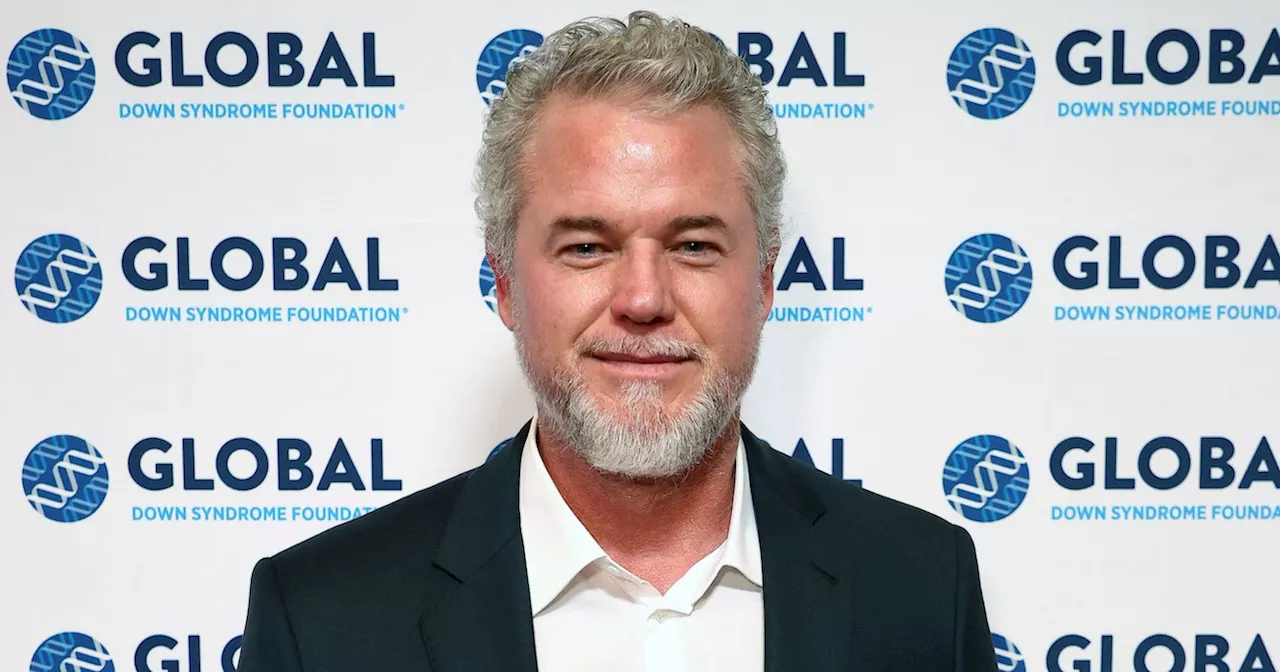Health insurance premiums in California are set to dramatically increase for many enrollees, with some expected to triple next year. As open enrollment begins on November 1, 2025, residents like Tara Nicklous are facing the reality of rising costs. The couple’s monthly premium for coverage through the Affordable Care Act will jump from $923 to an astonishing $3,264 next year.
Tara Nicklous, 56, expressed her shock and concern, stating, “My gut sunk.” The Nicklouses, who operate a real estate appraisal business, had benefited from expanded tax credits during the COVID-19 pandemic under former President Joe Biden. These credits, which helped millions access affordable healthcare, are set to expire at the end of 2025. The matter has become contentious in ongoing federal budget negotiations, with Democrats insisting on an extension of these credits while Republicans refuse to negotiate until the government reopens.
Widespread Impact of Premium Increases
According to Covered California, the state’s health insurance marketplace, the average premium for the approximately 2 million Californians enrolled is projected to double by the end of the year. Many middle-income earners will experience similar spikes, significantly affecting those in their 50s and 60s who are not yet eligible for Medicare. Larry Levitt, a policy executive at the health policy group KFF, noted that residents will be taken aback when they see the new pricing.
Tara Nicklous relies on costly treatments for a blood cancer she has battled for over a decade. The couple has saved to prepare for the increased premium but acknowledges the financial strain it will cause. “We’re hunkering down,” she remarked as they adjust their spending habits.
The ramifications of these increased premiums extend beyond individual families. A report from the Urban Institute anticipates that around 400,000 Californians could lose their eligibility for Covered California due to these changes, with an estimated 175,000 potentially priced out of insurance altogether.
Political Context and Potential Solutions
Democratic Representative Eric Swalwell, who represents the East Bay area, criticized Republicans for the impending price hikes. He stated, “For weeks, Democrats have been warning that leaving health care out of this funding bill would raise costs for millions of Americans. Now, those consequences are becoming reality.”
If the federal tax credits expire, California has plans to provide limited assistance, including around $200 million in state tax credits for low-income residents earning just above the Medi-Cal eligibility threshold of about $25,800 per year for individuals. Medi-Cal serves as California’s version of Medicaid, providing necessary health coverage for low-income individuals.
As the open enrollment period approaches, Covered California has begun notifying enrollees about the upcoming cost increases. The average premium increase for 2026 is expected to be around 10%, driven by rising healthcare delivery costs and a surge in demand for expensive medications such as weight-loss drugs, according to Levitt.
Major insurers, including Kaiser Permanente, plan to raise rates by 7.1% for Covered California plans. Despite this being lower than increases by other competitors, the overall trend highlights a growing concern about the affordability of healthcare. Anthem Blue Cross is also increasing rates by 14.5%, as many enrollees have started relying on emergency services at double the rate of those with employer-sponsored plans.
Healthcare experts warn that rising premiums and loss of insurance can lead to poorer health outcomes. John Murphy, chief medical officer at La Clínica de La Raza, indicated that when patients are unable to afford preventative care, they are more likely to end up in emergency rooms later, exacerbating health crises.
For the Nicklouses, the increasing premiums will necessitate significant lifestyle changes. Tara Nicklous noted, “We’re changing our shopping and our eating habits. I’ve never been such a Walmart and Costco shopper. Vacations? Forget it. Maybe camping.” The couple’s story underscores the broader challenges facing many Californians as they navigate an increasingly complicated healthcare landscape.







